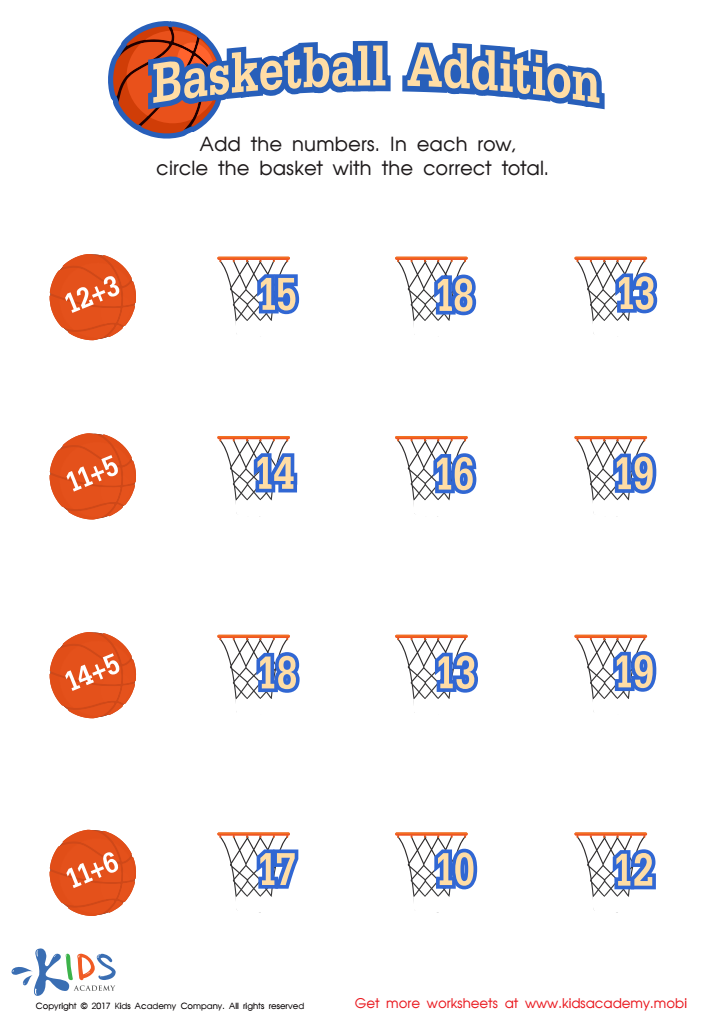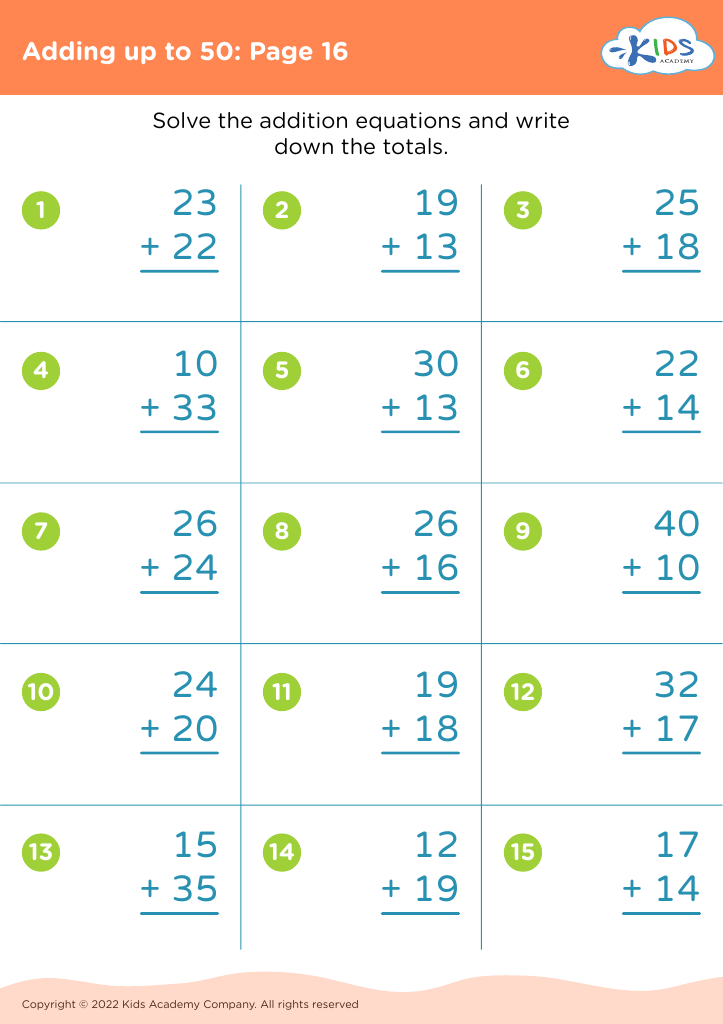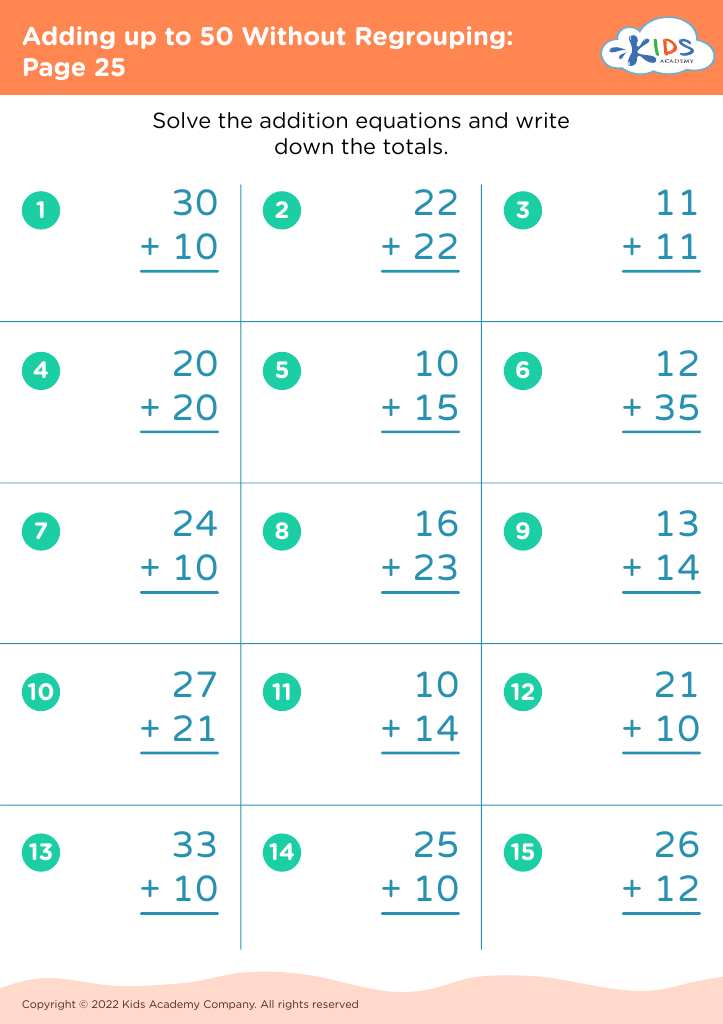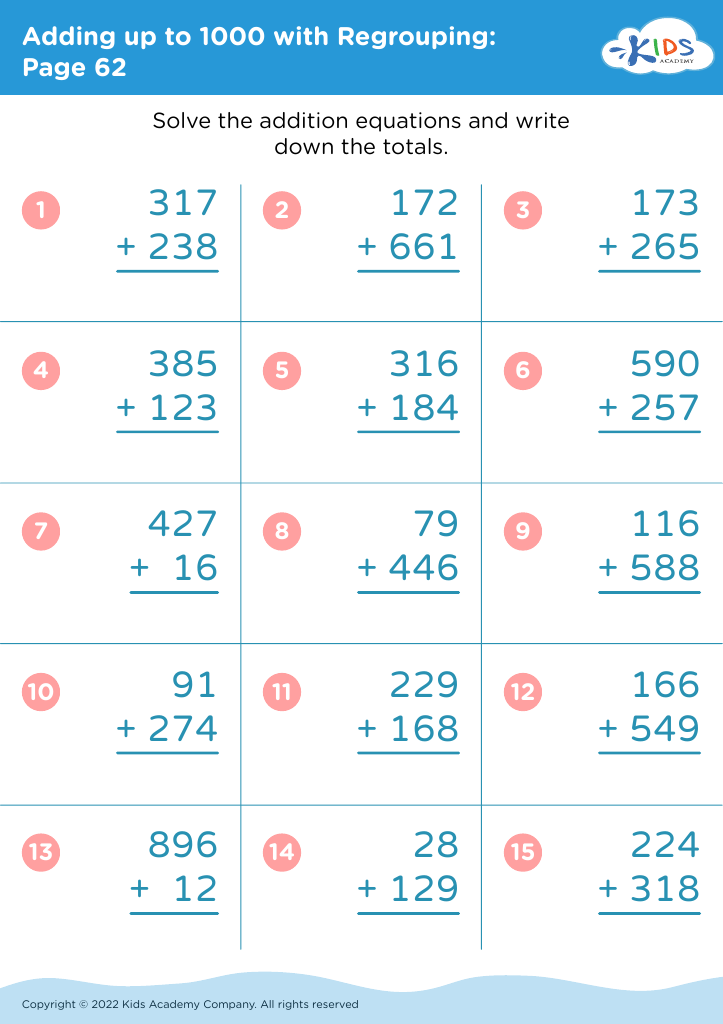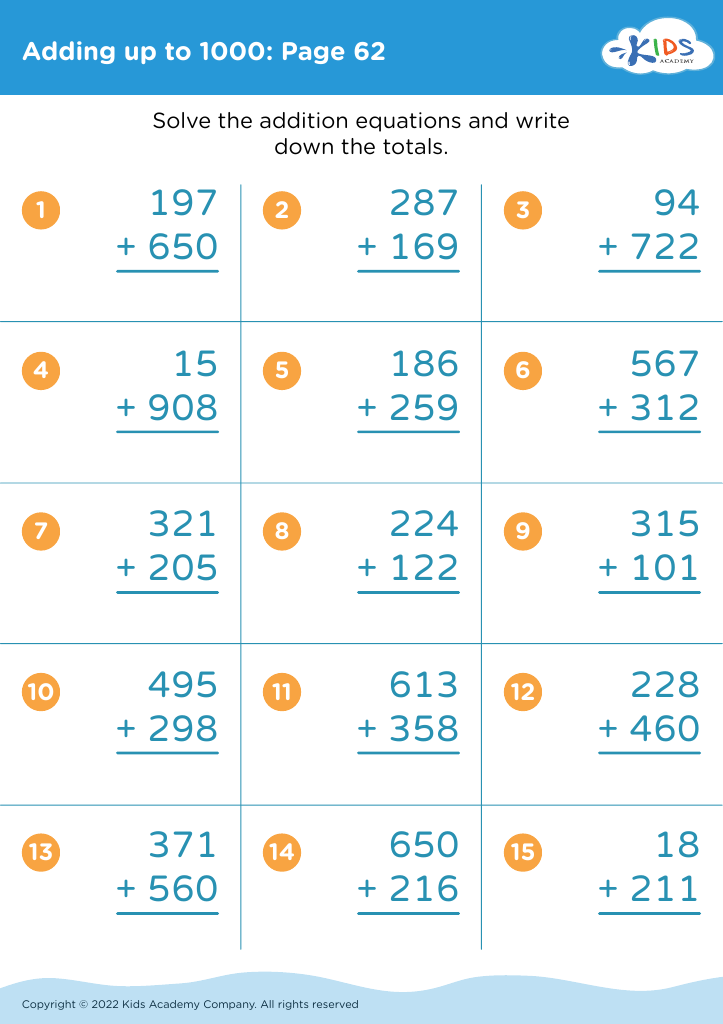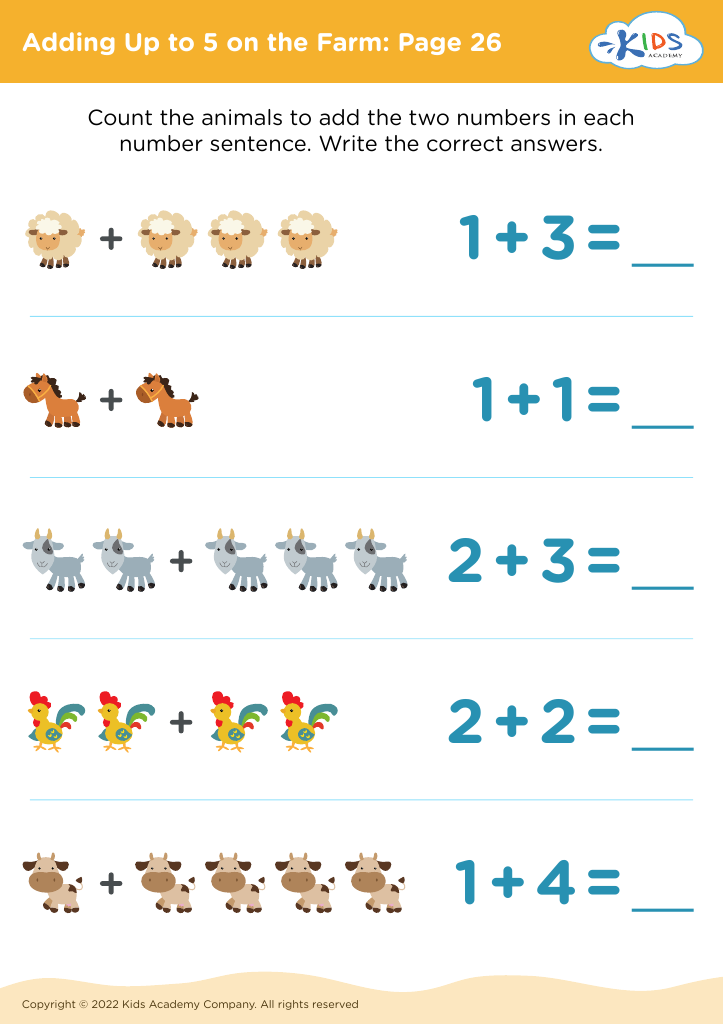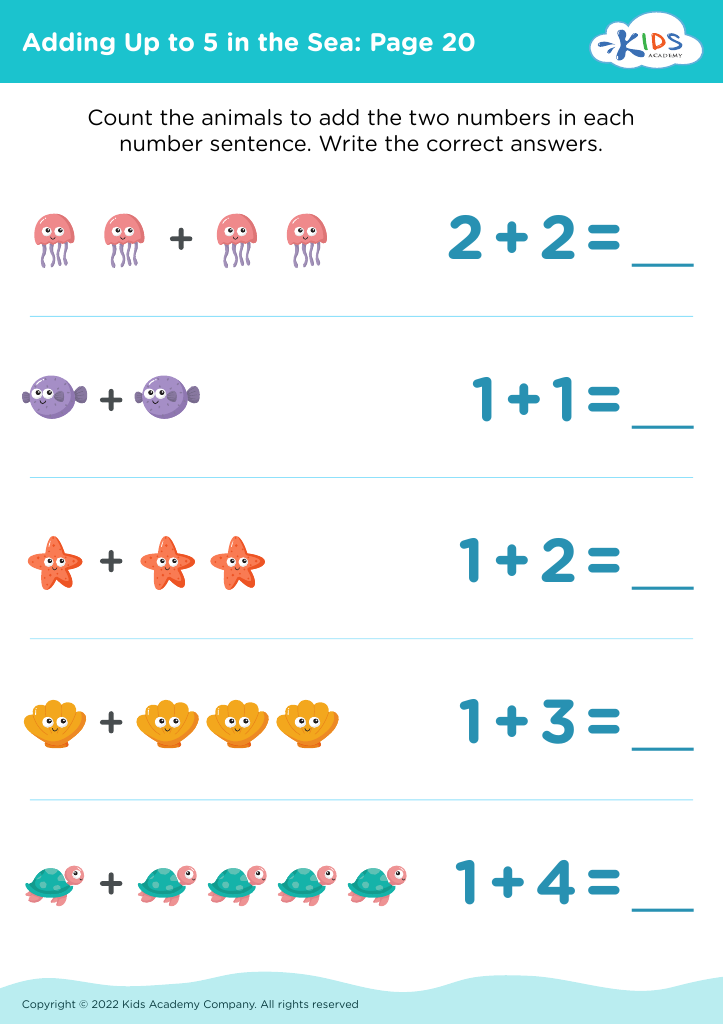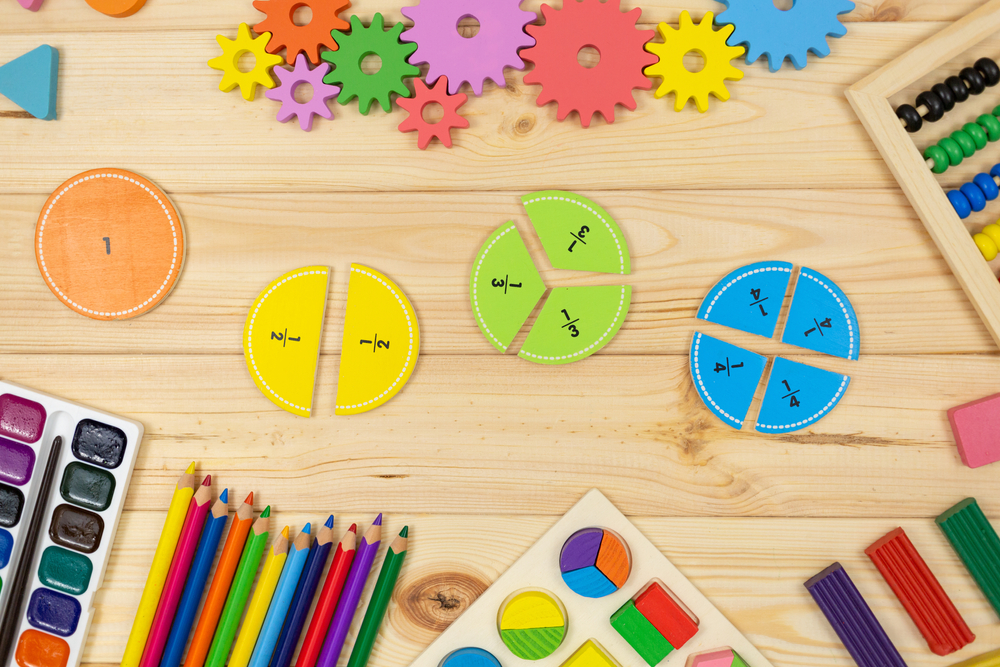Basic arithmetic skills Math Worksheets for Ages 4-7
25 filtered results
-
From - To
Basic Arithmetic Skills Math Worksheets for Ages 4-7
Nurture your child’s numerical abilities with our engaging math worksheets designed for ages 4-7. These educational resources focus on foundational arithmetic skills, including counting, addition, subtraction, and number patterns. Each worksheet combines fun illustrations with age-appropriate challenges to make learning math enjoyable and effective. Perfect for home or classroom use, our printable worksheets help young learners build confidence and essential math skills. Foster a lifelong love for numbers and boost your child’s academic success with Kids Academy’s expertly crafted basic arithmetic worksheets. Explore our collection today to support your child's math journey.
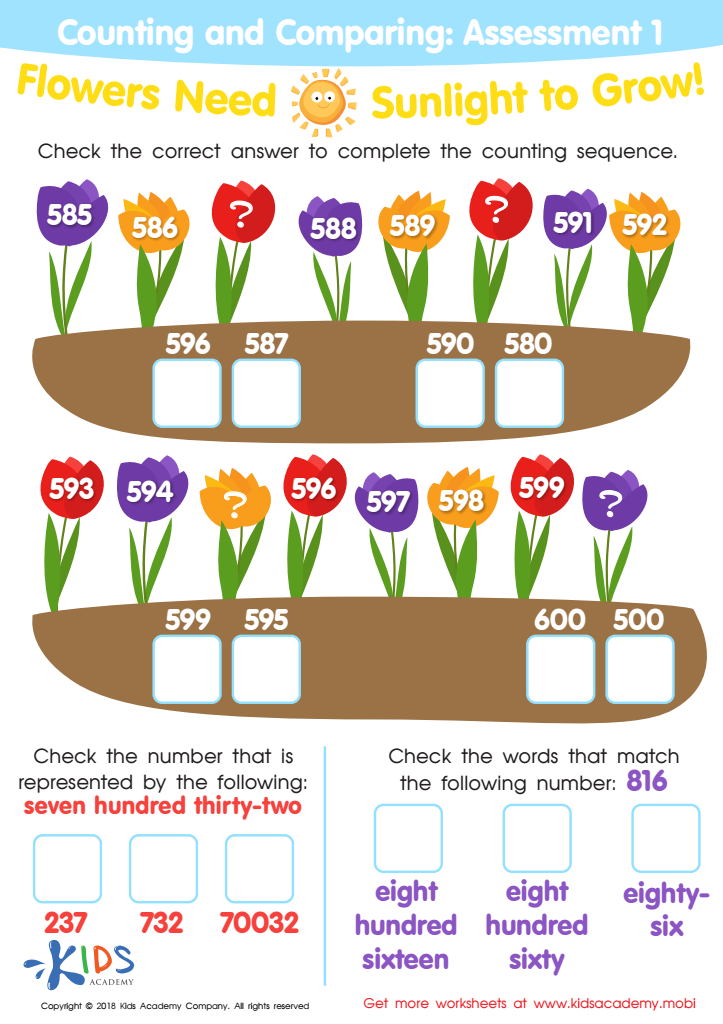

Counting and Comparing: Assessment 1 Worksheet
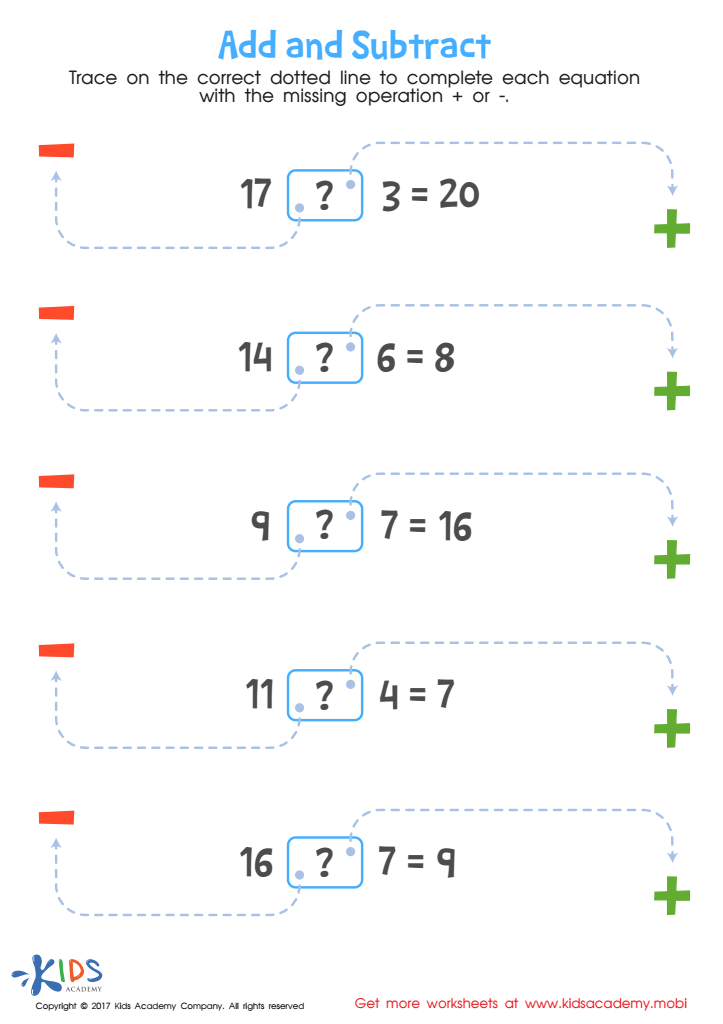

Add and Subtract Worksheet
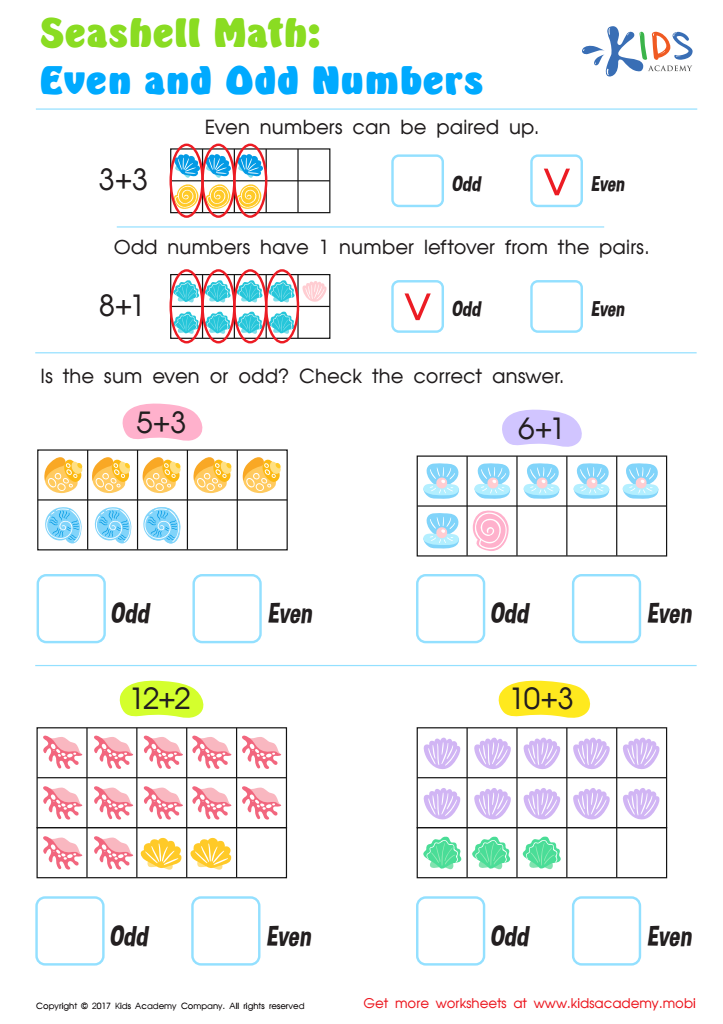

Even and Odd Numbers Worksheet
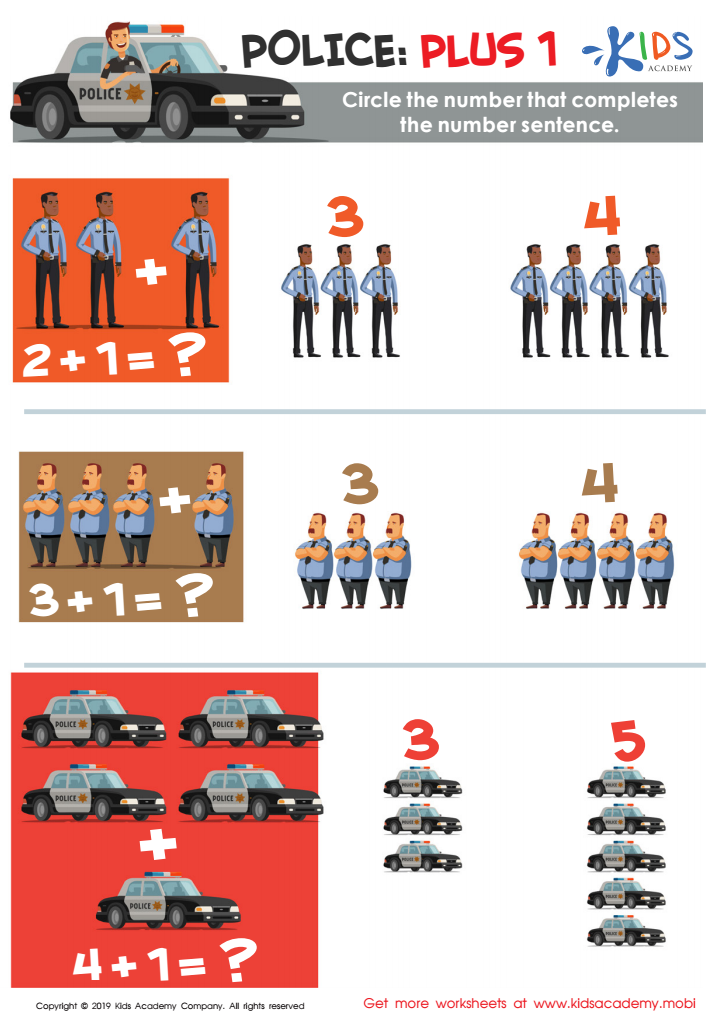

Police: Plus 1 Worksheet
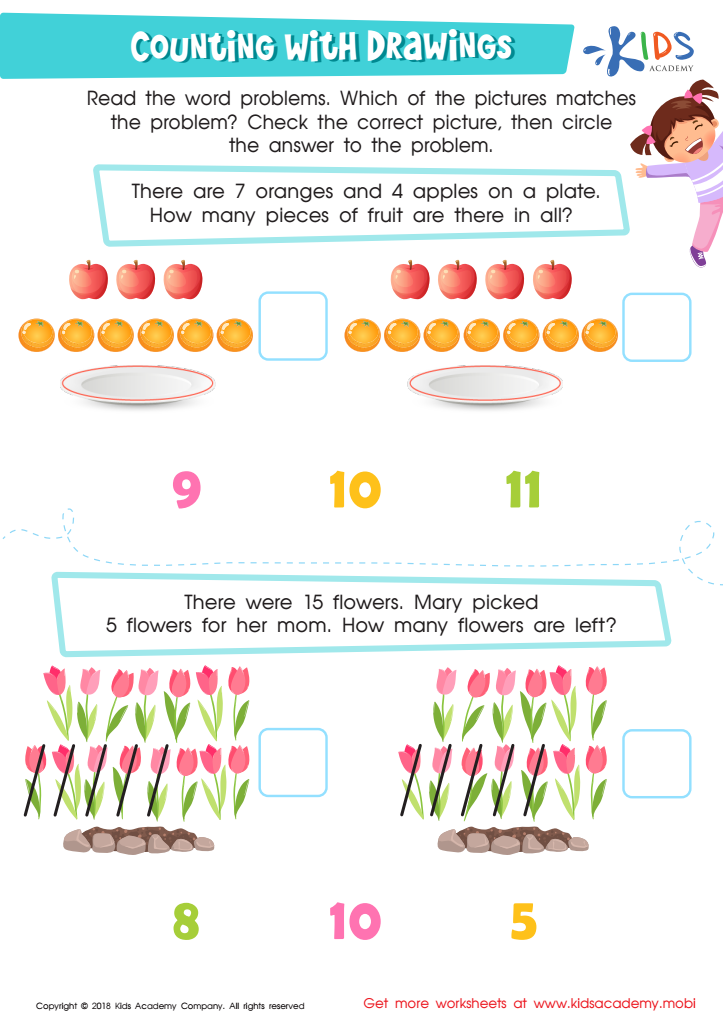

Counting with Drawings: Fruits & Chocolates Worksheet
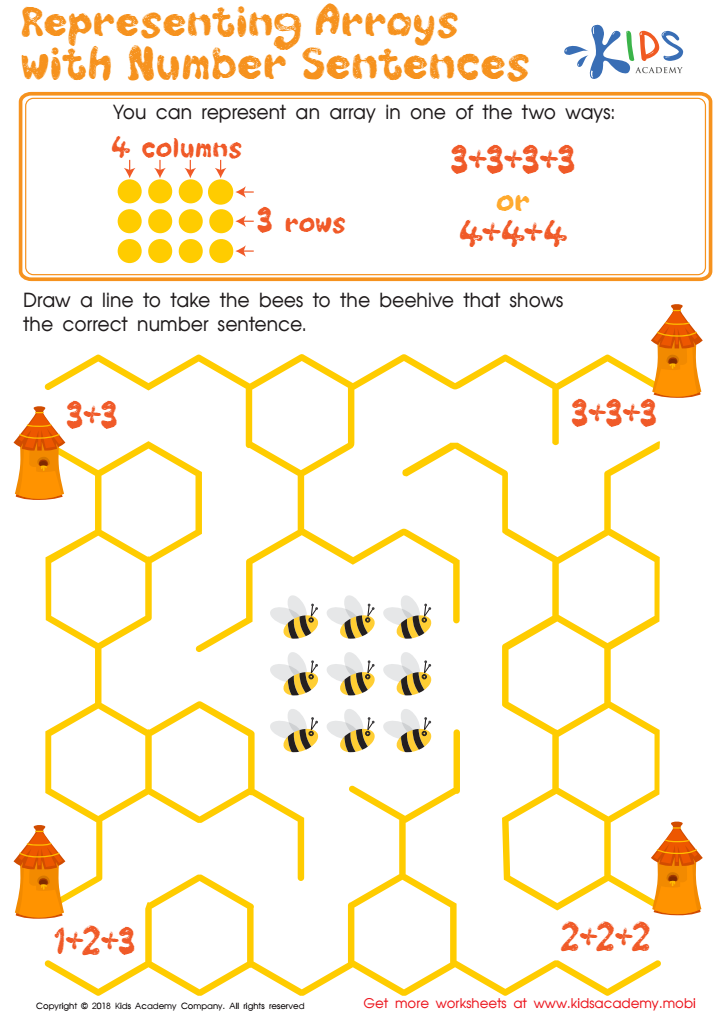

Representing Arrays with Number Sentences Worksheet
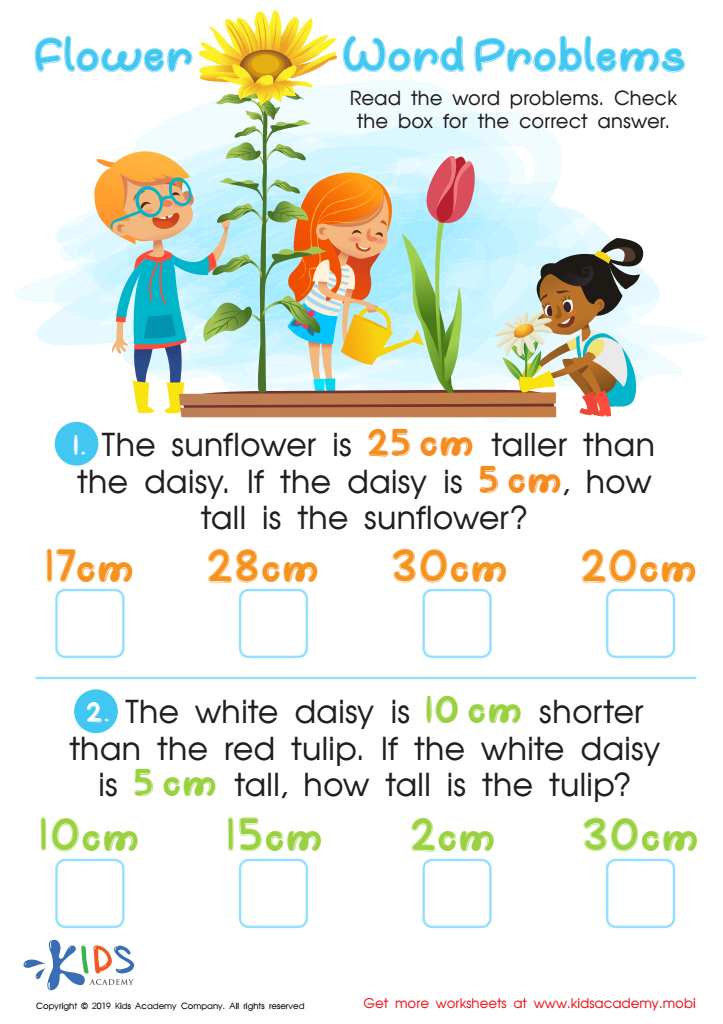

Flower Word Problems Worksheet
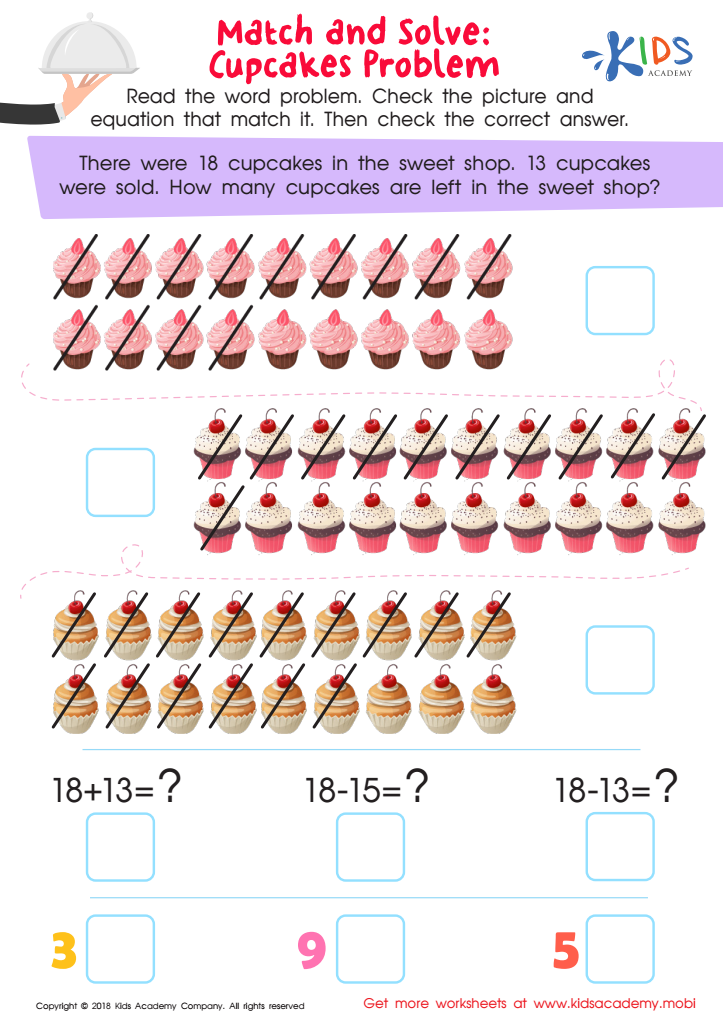

Match and Solve: Cupcakes Problem Worksheet
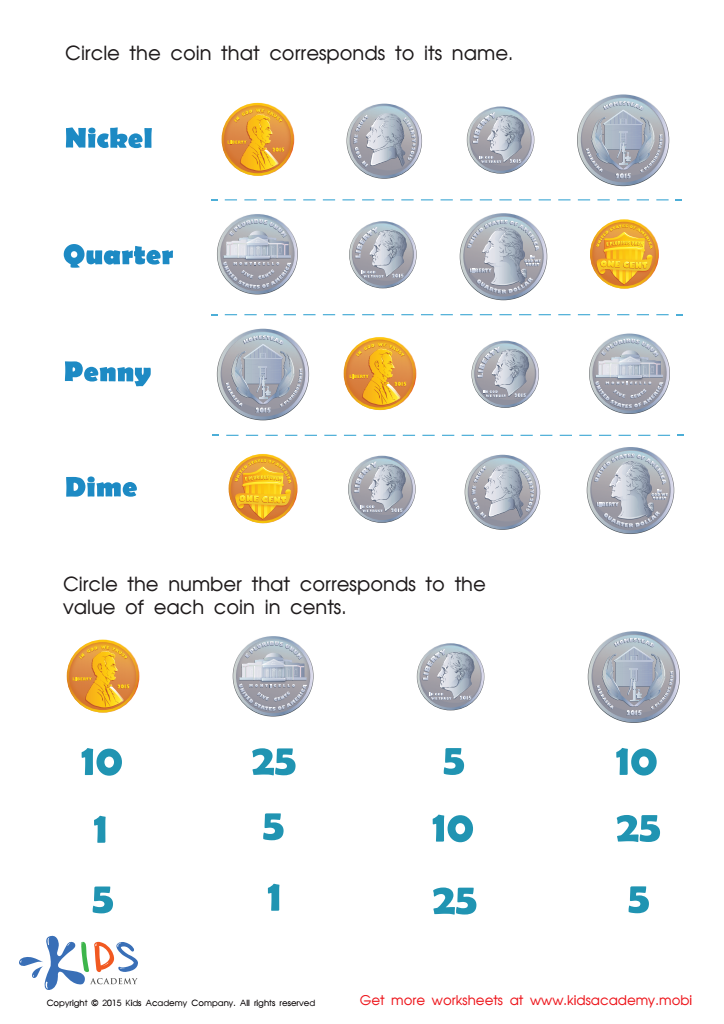

Coin Names and Values Money Worksheet
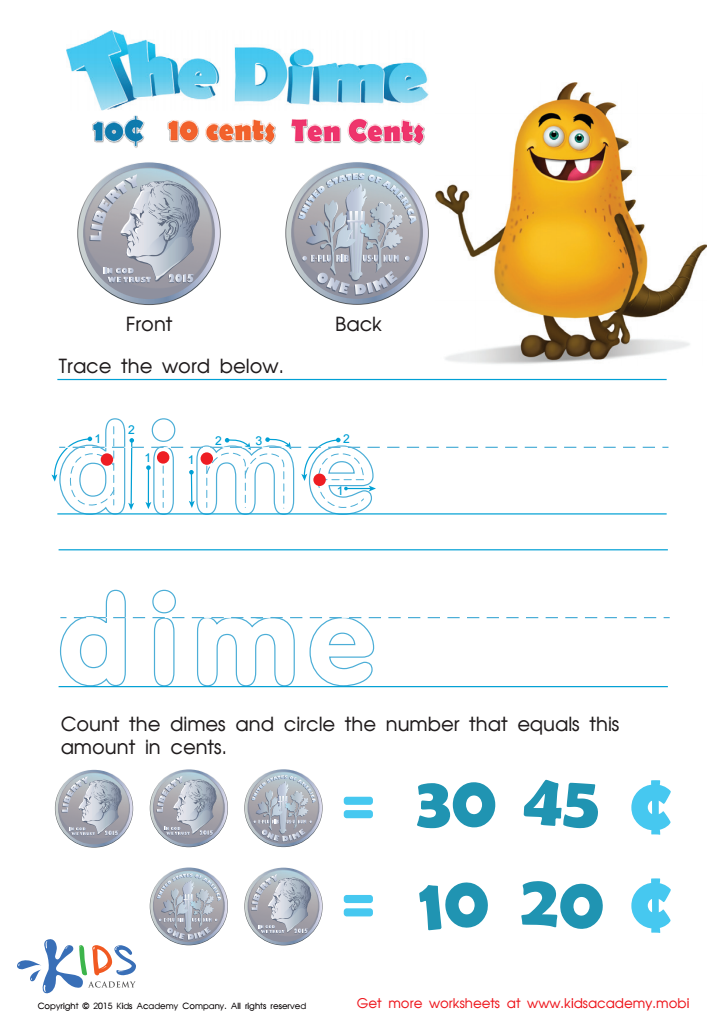

Ten Cents or the Dime Money Worksheet
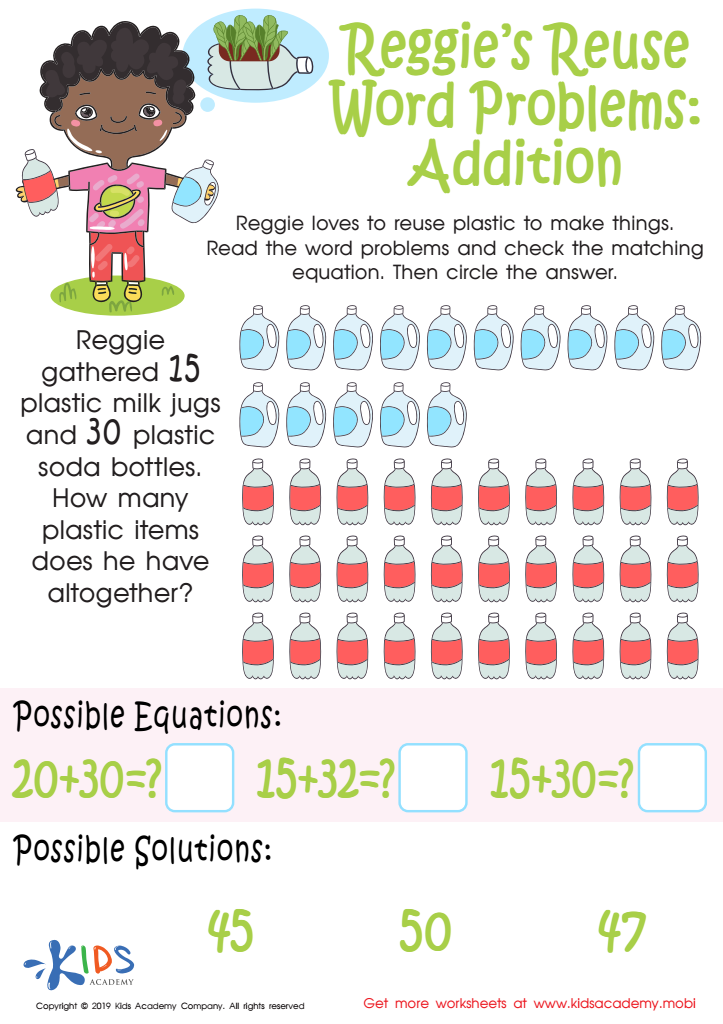

Reggie's Reuse Word Problems: Addition Worksheet
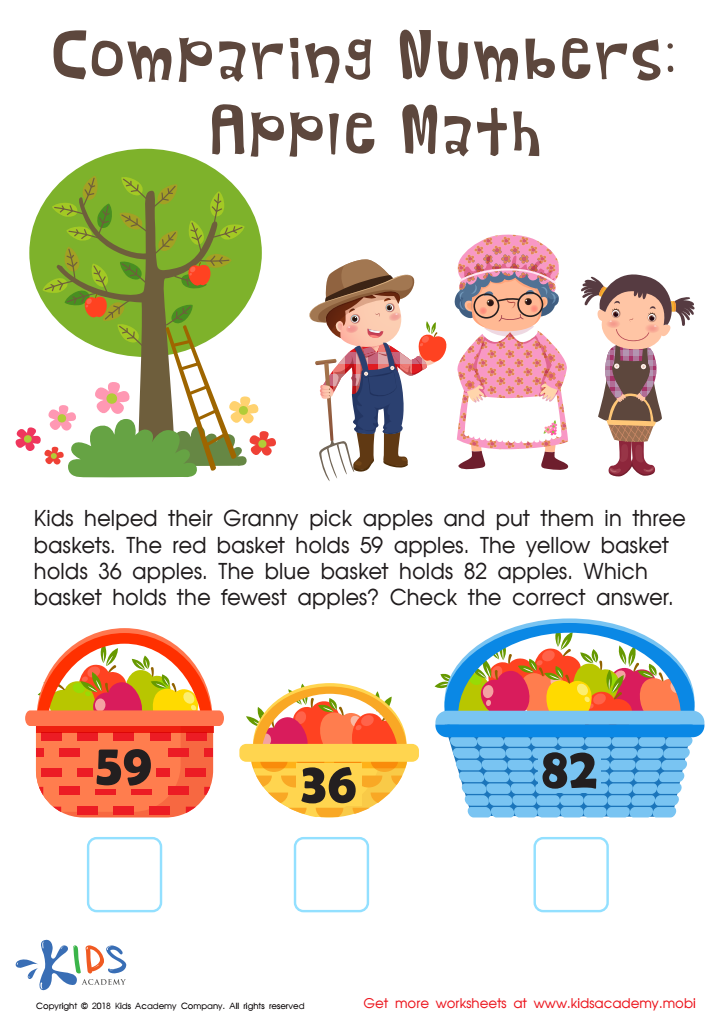

Apple Math Worksheet
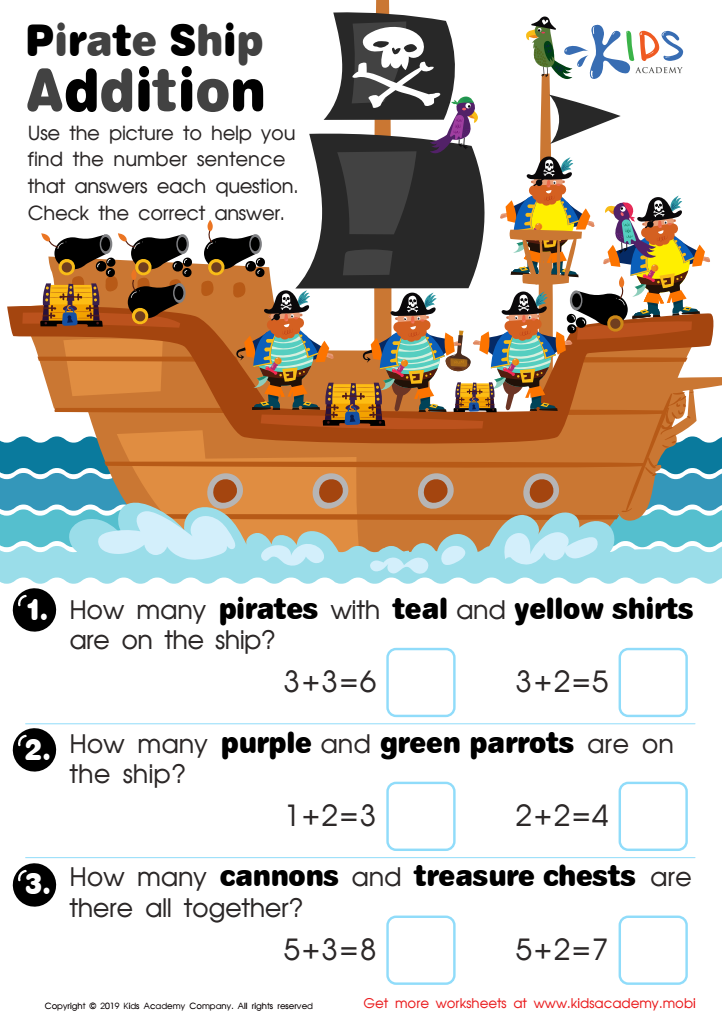

Pirate Ship Addition Worksheet
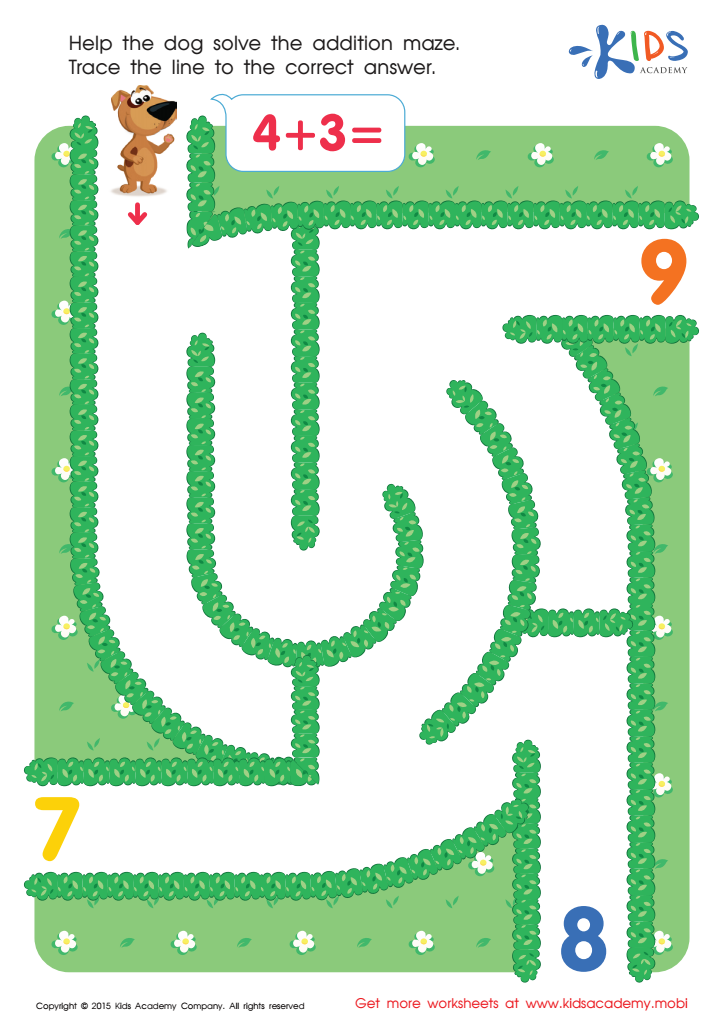

Addition Four And Three Worksheet
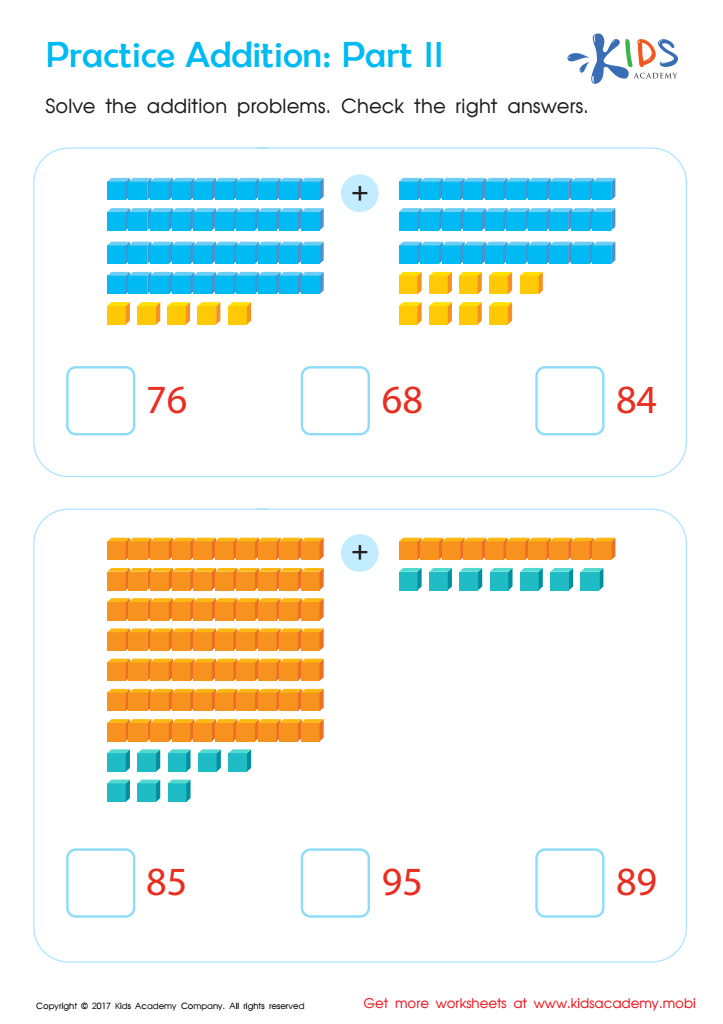

Practice Addition: Part 2 Worksheet
Parents and teachers should prioritize developing basic arithmetic skills in children ages 4-7 because these foundational years are critical for setting the stage for future academic success. Arithmetic skills serve as the building blocks for all higher-level math and are crucial for daily life, supporting activities like simple counting, making change, understanding time, and measuring. By fostering these skills early, children develop a sense of numbers, patterns, and logical thinking, which enhances their problem-solving abilities.
Research indicates that early proficiency in math predicts later academic achievement not only in mathematics but also in reading and other areas, showcasing the versatility and importance of these skills. Moreover, early mastery of basic arithmetic boosts children's confidence, encouraging a positive attitude towards learning and resilience in facing academic challenges. Interactive and engaging activities, such as counting games and simple addition and subtraction exercises, can make learning enjoyable and motivate continual improvement.
Involving parents in the learning process creates an environment where learning is valued and supported beyond the classroom. Teachers, through structured lessons, and parents, through everyday interactions and practices, can collaborate to provide a consistent and enriching mathematical foundation, thus promoting cognitive development and lifelong learning skills.
 Assign to My Students
Assign to My Students
